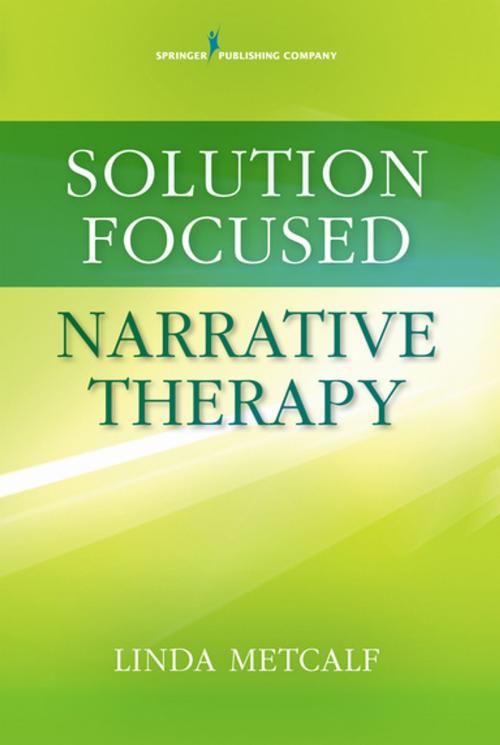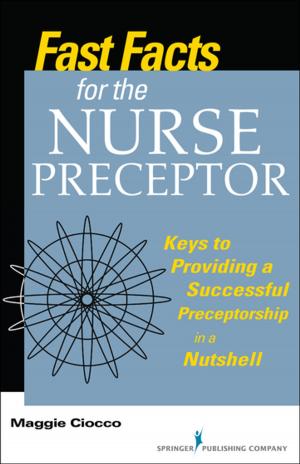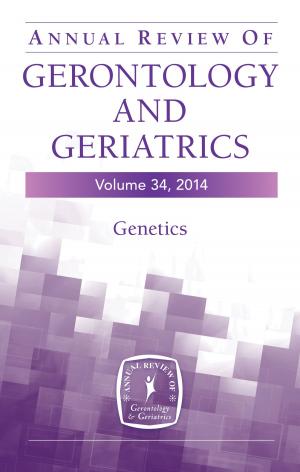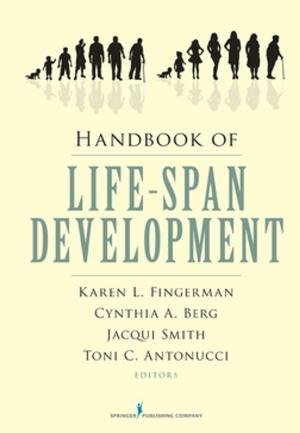| Author: | Linda Metcalf, PhD, LPC-S, LMFT-S | ISBN: | 9780826131775 |
| Publisher: | Springer Publishing Company | Publication: | March 1, 2017 |
| Imprint: | Springer Publishing Company | Language: | English |
| Author: | Linda Metcalf, PhD, LPC-S, LMFT-S |
| ISBN: | 9780826131775 |
| Publisher: | Springer Publishing Company |
| Publication: | March 1, 2017 |
| Imprint: | Springer Publishing Company |
| Language: | English |
Introduces a Powerful New Brief Therapy Approach
This groundbreaking book is the first to provide a comprehensive model for effectively blending the two main postmodern brief therapy approaches: solution-focused and narrative therapies. It harnesses the power of both models—the strengths-based, problem-solving approach of SFT and the value-honoring and re-descriptive approach of Narrative Therapy--to offer brief, effective help to clients that builds on their strengths and abilities to envision and craft preferred outcomes.
Authored by a leading trainer, teacher, and practitioner in the field, the book provides an overview of the history of both models and outlines their differences, similarities, limitations and strengths. It then demonstrates how to blend these two approaches in working with such issues as trauma, addictions, grief, relationship issues, family therapy and mood issues. Each concern is illustrated with a case study from practice with individual adults, adolescents, children, and families. Useful client dialogue and forms are included to help the clinician guide clients in practice. Each chapter concludes with a summary describing and reinforcing the principles of the topic and a personal exercise so the reader can experience the approach first hand.
- Describes how two popular postmodern therapy models are combined to create a powerful new therapeutic approach—the first book to do so
- Includes case studies reflecting the model’s use with individual adults, children, adolescents, and families
- Provides supporting dialogue and forms for practitioners
- Authored by a leading figure in SFT and its application in a variety of setting
- Presents an overview of the history of both models
Introduces a Powerful New Brief Therapy Approach
This groundbreaking book is the first to provide a comprehensive model for effectively blending the two main postmodern brief therapy approaches: solution-focused and narrative therapies. It harnesses the power of both models—the strengths-based, problem-solving approach of SFT and the value-honoring and re-descriptive approach of Narrative Therapy--to offer brief, effective help to clients that builds on their strengths and abilities to envision and craft preferred outcomes.
Authored by a leading trainer, teacher, and practitioner in the field, the book provides an overview of the history of both models and outlines their differences, similarities, limitations and strengths. It then demonstrates how to blend these two approaches in working with such issues as trauma, addictions, grief, relationship issues, family therapy and mood issues. Each concern is illustrated with a case study from practice with individual adults, adolescents, children, and families. Useful client dialogue and forms are included to help the clinician guide clients in practice. Each chapter concludes with a summary describing and reinforcing the principles of the topic and a personal exercise so the reader can experience the approach first hand.
- Describes how two popular postmodern therapy models are combined to create a powerful new therapeutic approach—the first book to do so
- Includes case studies reflecting the model’s use with individual adults, children, adolescents, and families
- Provides supporting dialogue and forms for practitioners
- Authored by a leading figure in SFT and its application in a variety of setting
- Presents an overview of the history of both models















